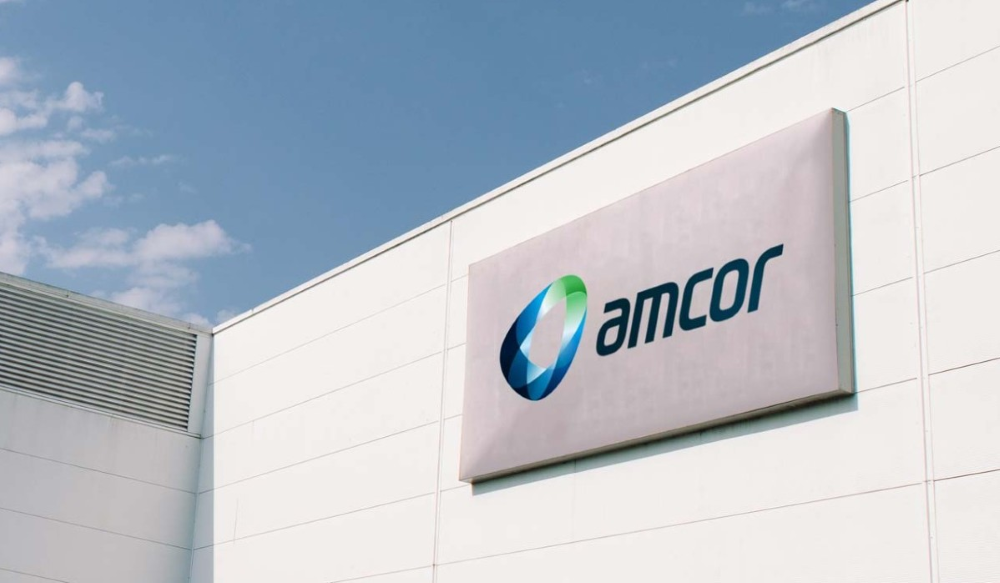Amcor CEO talks sustainability to biggest trends in packaging on new McKinsey podcast
Innovation
February 17, 2022Reading time: 2 minutes
On the most recent podcast McKinsey on Consumer and Retail, Amcor’s CEO, Ron Delia, joined host Monica Toriello and McKinsey partner, David Feber, to discuss the biggest trends in packaging, from the latest consumer research to the future of the packaging industry.
On the most recent podcast McKinsey on Consumer and Retail, Amcor’s CEO, Ron Delia, joined host Monica Toriello and McKinsey partner, David Feber, to discuss the biggest trends in packaging, from the latest consumer research to the future of the packaging industry.

“Creating good packaging for packaged goods” was the theme of the podcast that addressed many facets of the nearly trillion-dollar global industry. The roles both packaging and consumers play on sustainability was a key focus of the discussion. “There is a role to be played by the industry and companies, like Amcor, on the sustainability front, for example, providing information on what resources go into the production of the package” said Delia. “It’s important to inform consumers on the total impact of the package lifecycle and our role in lessening that impact.” For example, packages with the smallest carbon footprint do not always have the highest recyclability or the highest use of recycled content, the podcast noted.
Amcor recently announced it was expanding its commitment on sustainability by pledging to adhere to science-based targets to reduce greenhouse gas emissions to net zero by 2050. This initiative joins Amcor’s pledge to design all its packaging to be recycled or reusable by 2025. Currently, 74% of Amcor’s products by weight meet that pledge. Amcor’s sustainability commitments are further reinforced by global consumer perceptions of wanting their products to reflect their values and take into account sustainability, with 67 percent of consumers willing to pay more for products that come in recyclable packaging*.
E-Commerce and innovation
Along with sustainability, the podcast noted the growing role e-commerce is playing in the industry.
“Today’s packaging must play a number of different functions, from extending shelf life to facilitating distribution in the rapidly growing ecommerce space, making it easier for the consumer to access,” said Delia. “The e-commerce channel creates greater demand on the package. The package needs to be both stronger and compelling for the consumer when they open it, reinforcing the brand and the experience of the product for the consumers.”
On the innovation front, Delia noted that packaging must continue to “meet the challenge and opportunity to produce a product that has a better environmental footprint, without compromising the functionality needed for the product.” A product that provides a high barrier against oxygen and moisture is key for many food-based products like protein, snacks, confectionery, and coffee.
To address that demand, Amcor recently introduced its paper-based, innovative platform, AmFiber™. Designed first for the snack and confectionery market in Europe, AmFiber is a paper-based recyclable package that delivers high barrier from both moisture and oxygen. In the future, the new, paper-based platform will extend to a wide variety of applications such as coffee, drink powders, seasoning and soups as well as into the Americas and Asia-Pacific regions.
Delia concluded his remarks on the podcast with a challenge for the industry, “there is an opportunity for brand owners to lean in and embrace the benefits and environmental requirements packaging now provides, across a variety of material platforms, for their brands. Now is the time to lean in and be progressive in your approach.”
The entire podcast can be found here. David Feber is a partner at McKinsey and Company and currently leads McKinsey’s Packaging Service Line.
*Amcor surveyed 2,000 respondents in each of the U.K., the U.S., Germany, Australia, China and Brazil online between Oct. 27 and Nov. 9, 2021. The research was conducted by OnePoll.
